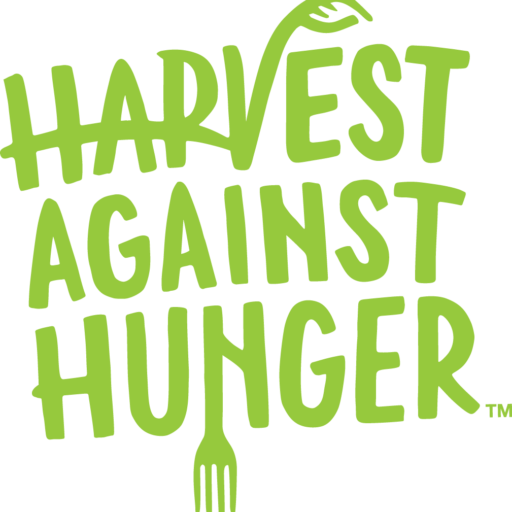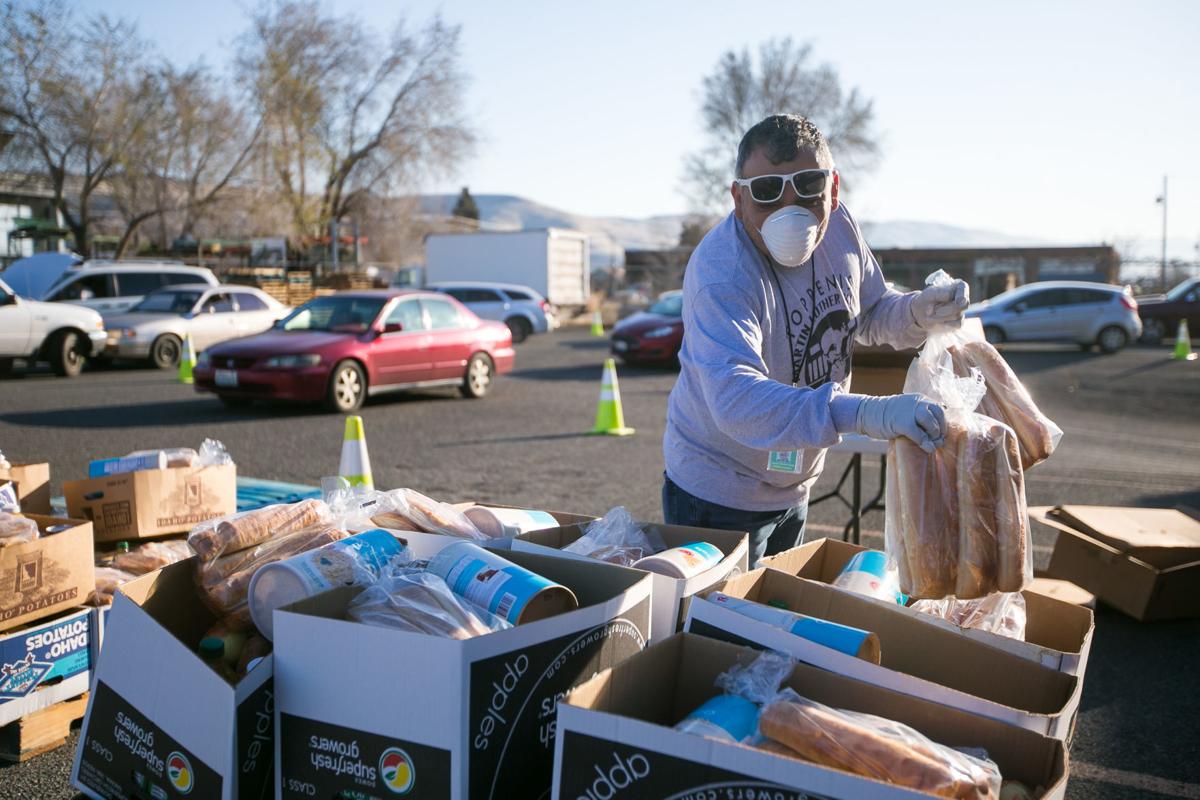
Sowing Seeds of Change
02 Apr 2020, by Admin in Harvest Blog, Washington state, Opportunities Industrialization Center (OIC)Harvest Against Hunger Gleaning Coordinator VISTA Mary Pearl Ivy serves at OIC of Washington, a non-profit organization providing community services through federal, state and local funding sources. Mary Pearl’s focus is with the Emergency Food Assistance Program (TEFAP), which aims to supplement the diets of low-income Americans including the elderly by providing them with food and nutrition assistance at no cost. In conjunction with the farm to table communications for the food bank, Mary Pearl recruits volunteers to work within a community garden, in hopes of providing access to knowledge and resources for individuals to grow their own fresh foods.
As the World is in a whirlwind of crisis during the COVID-19 Pandemic that started over a month ago, scientists report that in one week the novel coronavirus cases have doubled globally reaching 853,200 and killing almost 42,000 and still rising. During these times of distress, the world presents grief, sadness, and anxiety in almost unbearable measures. The world is mourning not only the loss of life but also crucial families’ and friends’ support systems. This Pandemic is unearthing many shortfalls in our healthcare, food systems, job security and more; but similar to farming, the soil must be broken to sow seeds of change and social isolation is giving us time and space to focus on those changes.
While most are under a stay at home order, slowing down means a time to reflect on priorities and developing healthy ways of coping with all the additional stressors. Situations such as grocery store shelves emptying daily and loss or lowered income have a lot of individuals coming to the table with solutions. This time of resource conscientiousness has resulted in lots of folks starting seeds and planting gardens for the first time. One creative method is putting some soil in up-cycled milk jugs or orange juice cartons for seed starting; cost-effective and eco-friendly. Simply the idea of more people even starting extra seeds to share with those who might not have the spaces or means to do so supports local resilience and planting the seeds of sharing and caring for others as well.
Food accessibility and sovereignty is crucial during this because convenience has dissipated and overridden the average individual’s ability and knowledge to produce and prepare their own food. A large number of individuals haven’t been exposed or taught traditional means of cooking or growing. This also results in folks not knowing where their food comes from, how it’s grown, or even that flour makes bread. For some, this might seem naive, but in reality, a lot of people just connect food to the grocery store or to the fast-food drive-through, not to the farmers or bakers that cultivate the food. Starting more gardens is a beginning, and so is getting to know our local food producer.
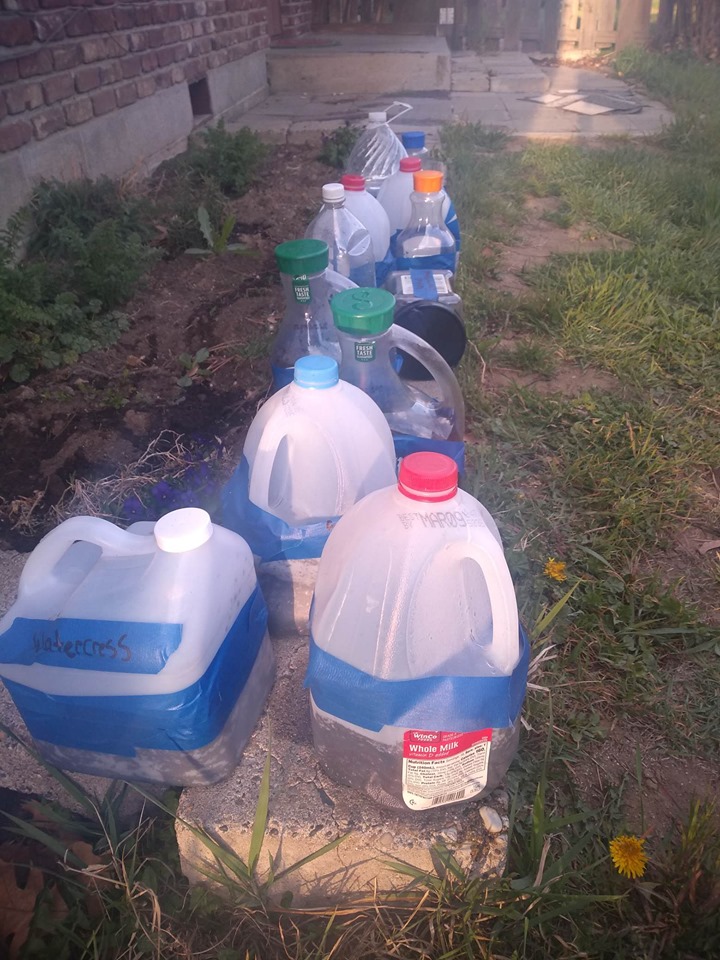
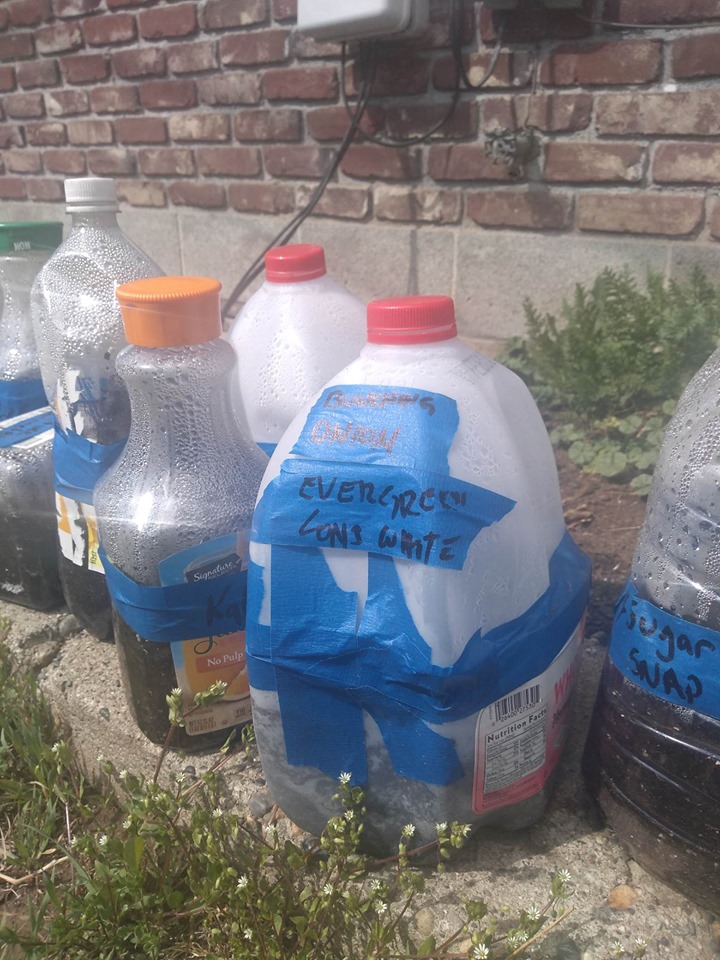
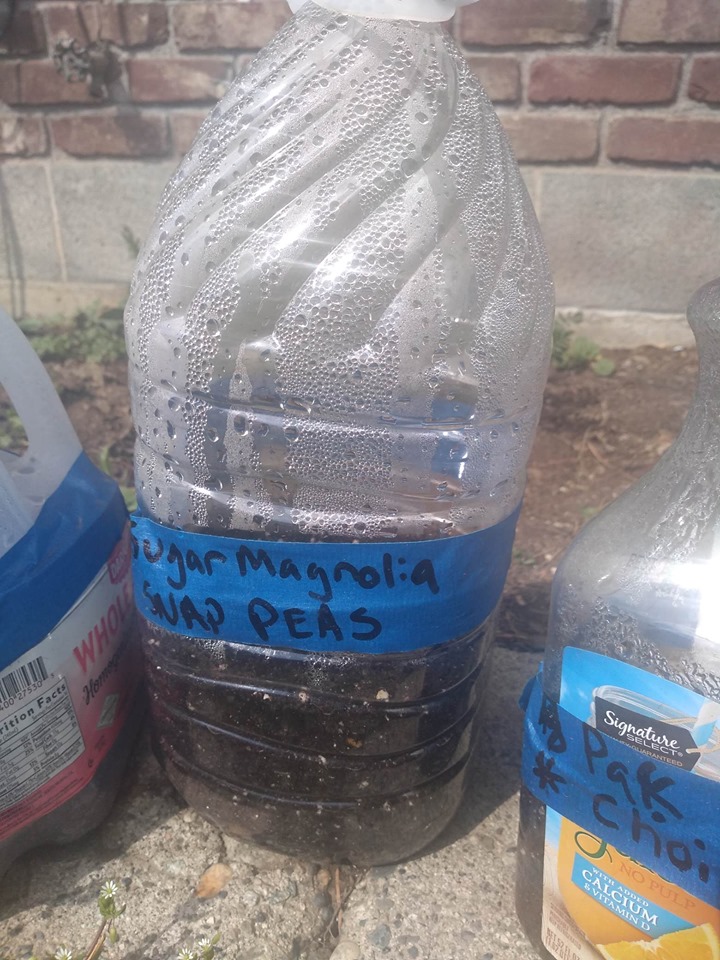
The current times are a struggle for individuals as well as businesses, with many having to reduce their labor pools and dealing with the loss of business. Prioritizing local in these times of distress helps stimulate both the economy and the community. We can also focus on providing funding for those small businesses and farms through programs such as the Farm to Food Pantry Initiative.
Some food banks and groceries have been doing their part in improving accessibility by providing delivery services for those who need to self-isolate to ensure health and safety. Food banks and other essential businesses are also making the effort to transition to curbside delivery to reduce transmission and provide a quick and easy solution for social distancing. These methods are something to consider for the future as some community members have food accessibility barriers outstanding the current global pandemic.
Now is the time to start laying the groundwork for a better future. Learning to grow and process your own garden is a fun way to initiate self-sustainability. Supporting local businesses builds and strengthens bonds within the community. Sharing of both knowledge and resources helps to fertilize the ground for our future generations, these seeds of change need to be sowed.


